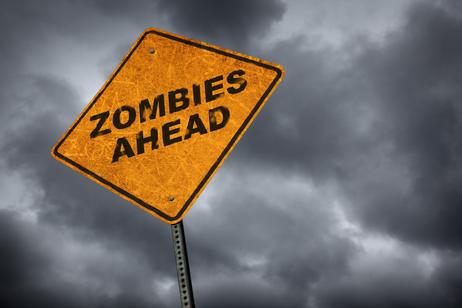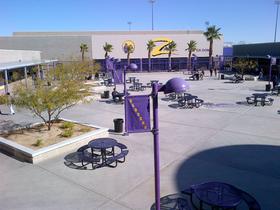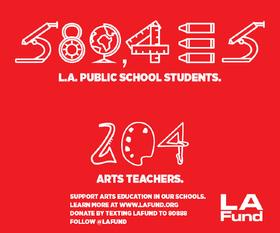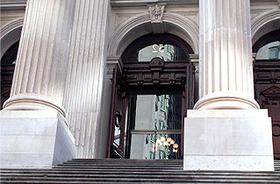The announcement of school closures is typically met with a high degree of emotion and concern. In Philadelphia, the proposal has also been met with plenty of protests, from the formation of zombie flash mobs to marches throughout the city. Many are opposed to the proposed school closures in one of the largest school districts in the country. However, district officials assert that closing schools is the only way to balance a school budget in dire straits.
Closing Philadelphia Schools
According to a report in the Philadelphia Public Schools Notebook, district superintendent William Hite has recommended the closure of 37 city schools. Hite has claimed that the closures are a necessary step toward saving the school district a significant amount of money. The district estimates the closures would result in savings of around $28 million annually. It would also be a positive move toward a more competitive school system since more resources could be poured into the remaining schools.
This video explains why the city council cannot stop school closings.
However, opponents to the closure plan say the savings to the district would be minimal since district officials were not currently factoring in the cost of transportation and transition expenses. Protesters also note that the closures could fuel additional charter school growth, which had already taken a significant bite out of the school district’s budget. Students and parents of the schools cited for closure also voice concern that taking away neighborhood schools would take away the safe havens that many students have come to think of as homes away from home.
Protesters Organize
Activists opposed to the school closures have organized into identifiable groups with a formidable presence in the City of Brotherly Love. The Philadelphia Student Union, a student organization created in 1995 to empower students throughout the city, has taken on the school closure cause, staging visible protests in the city. Another group, the Philadelphia Coalition Advocating for Public Schools, has also signed up for the cause. This organization includes the city’s teachers union, which is also opposed to the proposed school closures.
The organizations have joined other groups of students, parents, and educators to make their voices known throughout the school districts. Through a variety of protests, as well as attendance at public meetings, protesters have become a visible presence on the issue of school closures in Philadelphia. Their size and emotion have not gone unnoticed by district officials, who have been willing to listen to the opposition as they grapple with the possibility of closing Philadelphia Public Schools.
This video reports on the impact of school closings.
Turnout at Public Meetings is Large and Emotional
Public meetings hosted by school district officials have been met with overwhelming turnouts. The Notebook reports that around 1,000 attended a meeting at Dobbins Career and Technical Education High School, with another 500 heading to a meeting at Edison High School the following day. Teachers, parents, and students offered tearful testimony as to why schools should remain open, while a line of potential speakers stretched all the way to the door. Others in the audience carried signs and cheered on the speakers as they made their points.
Many in the crowds at the public meetings are members of the Philadelphia Coalition. Anne Gemmel, a coalition member, told the Notebook that the coalition is pleased with the fact that Superintendent Hite is listening to the community, and plans to make their voices heard at every opportunity. Gemmel added the coalition is hoping district officials will consider a temporary stay on the school closure plan so that other money-saving options can be discussed. Some of the funding reform the coalition wants to explore includes local tax reform and efforts to collect on unpaid real estate taxes, which could total as much as $500 million.
March on the City Protests Closures
Liberation reported that activists opposed to school closures recently staged a march in Philadelphia to protest the proposal. The march ended at the School District of Philadelphia’s Education Center to bring the closure plan to the attention of the rest of the city. Activists involved in the march voiced concern that schools were selling out to corporate interests, and that much of the district’s budget woes stemmed from bad debt deals with city banks.
Pedro Ramos, chairman of the School Reform Board overseeing the school closure plan, told Liberation, “I have every expectation that at the end of this process, not everybody will be happy, but at least we can be comfortable that we’ve been fair and the decisions [have been] considered.”
Zombie Protest Staged by Students
The most creative protest against the school closure plan thus far is probably the one staged by the Philadelphia Student Union. Philly.com reports that students gathered outside district headquarters with coffins and signs reading, “R.I.P. Philadelphia Schools.” Some of the students, dressed in tattered clothing and sporting zombie makeup, performed the popular dance routine to Michael Jackson's “Thriller.” The demonstration, dubbed “Student Apocalypse: A Brainless Future,” resembled a zombie flash mob and got the attention of Philadelphia residents, as well as the local press.
“We represent the students affected by the closing plan,” student Hausim Talbot told Philly.com. “Our hopes would be dead.”
Students from the union state that closing schools is not in the best interest of Philadelphia students. If the plan continues, students worry that more students will be shuffled through an education system that is not working for or with them.
Superintendent Hite has promised to take all of the input from community members into consideration as officials continue to mull over the closure plan.
Questions? Contact us on Facebook. @publicschoolreview















